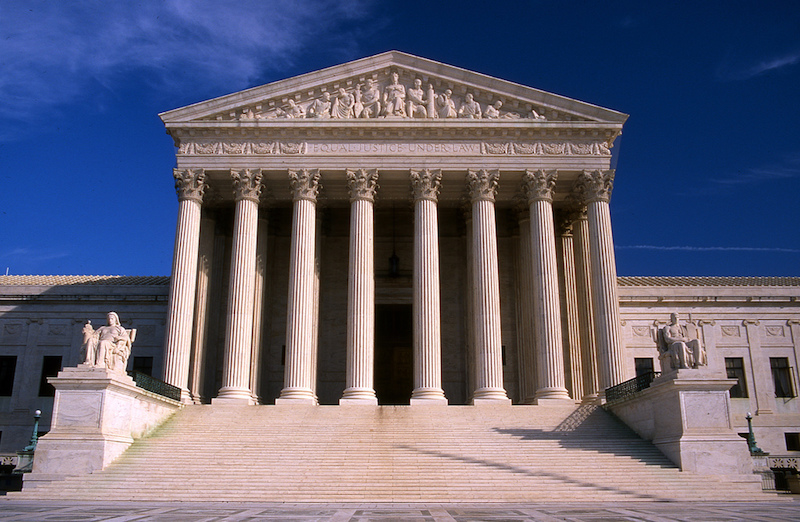Could abortion rights as we have known them for nearly two generations be forever altered?
The U.S. Supreme Court has agreed to take up a case challenging Texas’ strict new abortion law. The law, passed in 2013 following a media storm sparked by then Sen. Wendy Davis’ marathon filibuster, instituted strict rules for abortion providers.
One part of the law, which has yet to go into effect, requires abortion clinics in Texas to have hospital-grade facilities. The other requires doctors have the ability to admit patients to hospitals within 30 miles of a clinic. The ACLU says in a press release that both are opposed by leading medical groups, like the American Medical Association and the American College of Obstetricians and Gynecologists, who have filed briefs with the Supreme Court stating that laws are unnecessary and put women’s health at risk.
Some are calling this the case that will finally decide how Roe v. Wade will be enacted as the law of the land. Rebecca Robertson, the ACLU of Texas’s legal and policy director, says the issue at hand is whether state regulations on abortion clinics must be justified.
“The way that this case is positioned right now, the state of Texas says that its ambulatory surgical center requirement [and] its admitting privileges requirement don’t necessarily have to advance women’s health and safety in order to be upheld,” she says.
What you’ll hear in this segment:
– How this case will define the parameters of state regulation of abortion facilities and providers
– What may constitute an “undue burden” and how the Court will examine the way Texas does or doesn’t justify its regulations
– Why the Texas case has risen to the Supreme Court, including its relationship to similar cases in our states
















